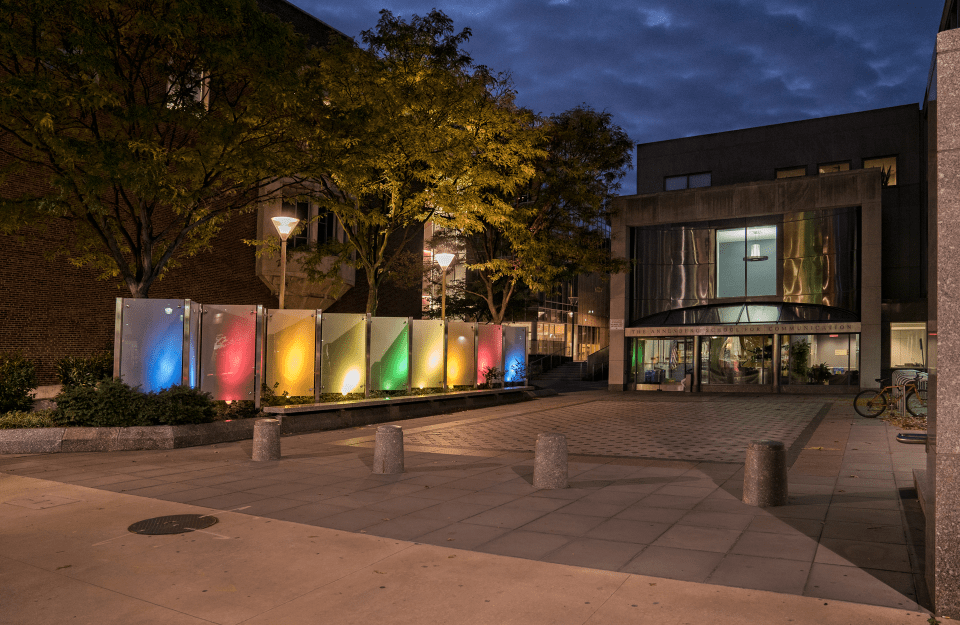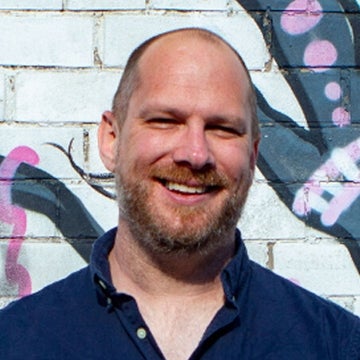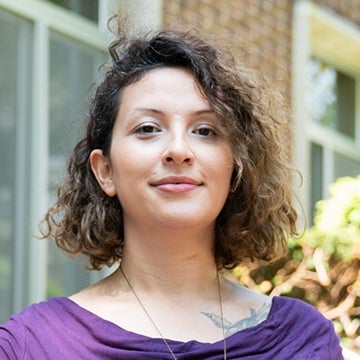Center for Media at Risk Appoints Two Postdoctoral Fellows for 2020-2021
Zeyno Ustun has been appointed for a second year, and Richard Stupart will join Annenberg in August.

After a competitive search, the Center for Media at Risk at the Annenberg School for Communication has announced its 2020-2021 postdoctoral fellows: Richard Stupart and Zeyno Ustun.
Thanks to the generous support of Craig Newmark Philanthropies, the Center for Media at Risk is able to welcome these fellows whose research projects reflect its emphasis on free and critical media practice and scholarship. Stupart, who is currently a Ph.D. researcher at LSE, will join the Annenberg School this August. Ustun, who has been a postdoctoral fellow with the Center since 2019, will expand upon her research during a second fellowship year.

Stupart is a researcher working on the practices and normative ethics of journalism of conflict. His current work explores the work of journalists reporting on conflict and its effects in Sudan, where he is interested in the role of affect/emotion and tactics of coping with risk by journalists working in conflict contexts, as well as practical ethical tensions that occur while reporting on the effects of the country’s war. He has previously been a DAAD scholar in the conflict studies program at the Willy Brandt School of Public Policy, and previous research has included work on media framing of the 2011 famine in Somalia and the politics of collective memory and archive-producing research in Kitgum, Northern Uganda.
Stupart’s work at the Center for Media at Risk will explore the affective dimensions of media intimidation and practices of ‘affective’ resistance amongst journalists working in situations of insecurity.

Ustun received her Ph.D. from the department of Sociology at the New School for Social Research where she is a fellow of the Integrative Ph.D. Fellowship program. She is also a Teaching Fellow at the Eugene Lang College at The New School and a researcher at Graph Commons. Ustun’s research begins with the political and legal aftermath of the Gezi Park Resistance, a nationwide networked movement that erupted in Istanbul, Turkey and quickly spread to the rest of the country via the tactical and strategic utilization of the Internet.
In her second fellowship year with the Center for Media at Risk, Ustun will continue to map the historical, technical, and bureaucratic processes and the social and political conditions facilitated not only by the Gezi Resistance in Turkey and other networked movements of the 21st century but also the rising influence of state surveillance.



